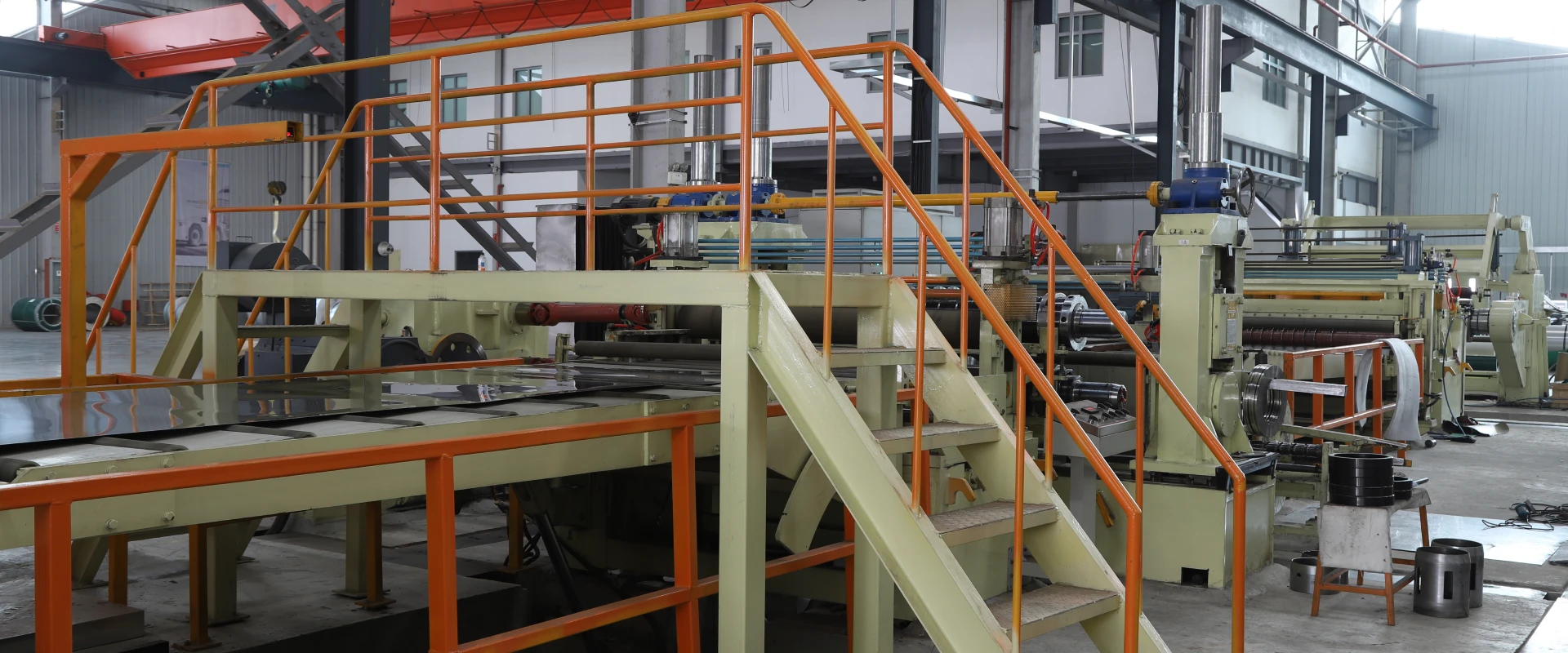The 'Elite of the Watch World': Unveiling Why Titanium Watches Cost More Than Steel Ones
Walk into a high-end watch store, and you might notice something surprising: a watch made of titanium often costs more than one crafted from stainless steel, even though steel is far more common. In the world of watches, titanium has earned a reputation as the 'aloof aristocrat'—the aloof, exclusive aristocrat that commands a premium. But what makes this metal so special? Why do watchmakers and collectors alike pay top dollar for a titanium timepiece? Let’s dive into the reasons behind titanium’s high - end status in the watch industry.
The Unique Properties of Titanium: A Cut Above the Rest
Titanium isn’t your average metal. It possesses a set of properties that make it a dream material for watchmakers, but also contribute to its higher cost.
Light as a Feather, Strong as an Ox
One of titanium’s most remarkable traits is its exceptional strength-to-weight ratio. It’s about 45% lighter than steel, yet just as strong. Imagine wearing a watch that feels almost weightless on your wrist but can withstand daily bumps and knocks without a scratch. For watch enthusiasts, this combination means comfort without sacrificing durability. A titanium watch can be worn all day, every day, from the office to the gym, without causing wrist fatigue. However, processing such a lightweight yet strong metal requires specialized equipment and techniques, driving up production costs.
Hypoallergenic and Skin-Friendly
Titanium is hypoallergenic, making it ideal for people with sensitive skin. Unlike some metals that can cause rashes or irritation, titanium forms a thin, invisible oxide layer on its surface that prevents it from reacting with the skin. This property is a huge selling point, especially for luxury watches aimed at high-end consumers who expect both style and comfort. But ensuring the purity and quality of titanium to maintain its hypoallergenic properties adds another layer of expense to the manufacturing process.
Corrosion Resistance: Defying the Elements
Titanium is highly resistant to corrosion, even in harsh environments. Whether it’s exposed to saltwater, sweat, or acidic substances, a titanium watch will retain its luster and structural integrity. Compare this to steel watches, which may rust or tarnish over time if not properly maintained. The ability to withstand the test of time and various conditions makes titanium watches a long-term investment, but again, achieving this level of corrosion resistance involves advanced manufacturing methods and quality control.
Complex Manufacturing: A Labor of Love
Crafting a titanium watch is no easy feat. It requires more time, skill, and resources compared to making a steel watch.
Difficult to Machine
Titanium is difficult to cut, shape, and polish. Its high strength means that watchmakers need to use specialized tools and high-precision machinery to work with it. For example, cutting titanium requires sharp, durable blades and precise control to avoid overheating the metal, which can change its properties. Each step of the manufacturing process, from carving the case to engraving intricate details, takes longer and demands more expertise, driving up the overall cost of production.
Heat Treatment and Surface Finishing
To enhance titanium’s properties and give it a luxurious look, watchmakers often subject it to heat treatment and advanced surface finishing techniques. Heat treatment can improve the metal’s hardness and durability, while surface finishing methods like bead blasting, brushing, or PVD (Physical Vapor Deposition) coating add a unique aesthetic appeal. These additional processes not only require specialized equipment but also skilled technicians, further contributing to the high price tag of titanium watches.
Branding and Exclusivity: The Perception of Luxury
In the world of luxury watches, brand image and exclusivity play a significant role in pricing.
A Symbol of High-End Craftsmanship
Watch brands that use titanium often position themselves as innovators and masters of craftsmanship. By associating their products with this rare and high-performance metal, they create an image of exclusivity and prestige. Consumers are willing to pay more for a watch that represents not just timekeeping but also a statement of style and status. For example, certain luxury brands release limited-edition titanium watches, which further drive up demand and prices due to their scarcity.
Marketing and Storytelling
Watchmakers invest heavily in marketing and storytelling to justify the high cost of titanium watches. They highlight the metal’s unique properties, the complexity of the manufacturing process, and the brand’s heritage and expertise. Through advertising campaigns, social media, and in-store experiences, they create a narrative that makes consumers perceive titanium watches as a worthy investment, rather than just an expensive accessory.
Comparing the Cost: Titanium vs. Steel
When you break down the factors, it’s clear why titanium watches come with a higher price tag:
| Aspect | Titanium Watches | Steel Watches |
|---|---|---|
| Material Cost | Higher due to rarity and extraction complexity | Lower, as steel is more abundant and cheaper to produce |
| Manufacturing | Requires specialized tools and advanced techniques | Easier to machine, lower production costs |
| Properties | Lightweight, hypoallergenic, highly corrosion-resistant | Heavier, may cause allergies in some, less corrosion-resistant |
| Brand Perception | Associated with luxury and exclusivity | More commonly used, lower perceived exclusivity |
The Future of Titanium in the Watch Industry
As technology advances, we may see more efficient ways to manufacture titanium watches, potentially bringing costs down slightly. However, the metal’s inherent properties and its association with luxury mean that it will likely always remain a premium choice. Watch brands will continue to innovate, using titanium in new and creative ways to stay ahead in the competitive world of horology.
In conclusion, the higher price of titanium watches isn’t just a matter of material cost. It’s a combination of the metal’s unique properties, the complex manufacturing process, and the branding and exclusivity associated with it. For those who value comfort, durability, and a touch of luxury on their wrist, a titanium watch is more than just a timepiece—it’s a statement of sophistication and a worthy addition to any watch collection.

